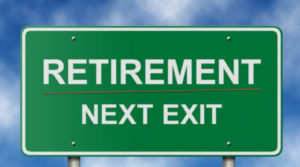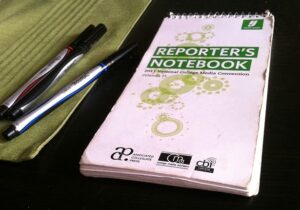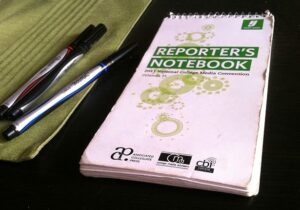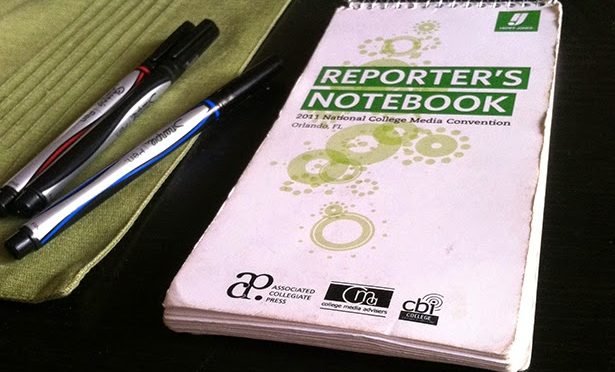By JOHN KANELIS / johnkanelis_92@hotmail.com
One of the many pleasant surprises I have found on my retirement journey has been the ease of adapting to this new way of living and thinking.
It’s been a few years now since I decided to quit working full time. I turned 66 years old and then filed for Social Security benefits. I had been collecting a small newspaper pension for about a year, along with a 10 percent Veterans Administration disability benefit, which I started collecting in 1970, the year I separated from the Army.
One of the truisms I have been telling retirees who have taken the leap is that “separation anxiety from work is vastly overrated.” I learned that right away.
After spending nearly four decades battling deadlines, writing breaking news stories, editorials and persona columns for newspapers in two states, I thought there might be some anxiety associated with no longer having to fight those battles. Oh, brother, was that ever a misfire.
I have found much to my liking that I prefer at this stage of my life the joy of rolling out of the rack when I damn well feel like it. I enjoy being able to go where my wife and I choose to go in the middle of the week. I get a kick out of those who wish us a “good weekend,” knowing in my heart that every day is a weekend.
We relocated about three years to Collin County, Texas, to sink our roots deeply into turf near our granddaughter, who lives about 20 minutes away. We found a home that is perfect for just my bride and me. I am not what you could call “fully retired” at this moment. I sought a chance to work on a freelance basis for a husband and wife who own a group of community weekly newspapers. They hired me with the understanding that we would load up our fifth wheel and take off to explore this marvelous continent. “No problem,” they said.
The daily grind? It’s a thing of the increasingly distant past.
Moreover, I do not miss a single, solitary moment of it.







